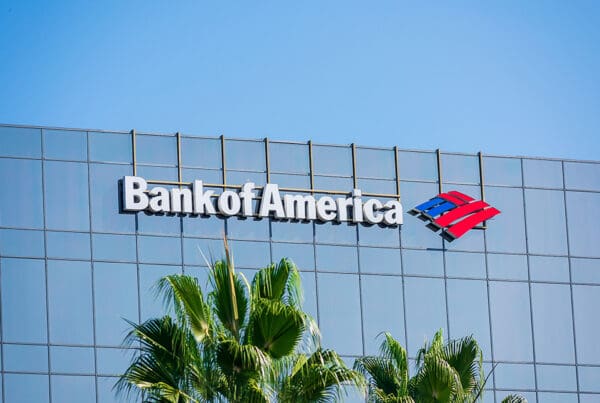Getting involved in an auto accident can be frightening. Even if everyone is unharmed, your vehicle might need to be repaired. In some cases, it could be totaled. If your insurance company deems your car a total loss, you must get a total loss settlement. Here’s a breakdown of when a vehicle is considered totaled and how settlement is determined.
When Does Insurance Company Declare A Car A Total Loss?
A vehicle is said to be a total loss if the insurance company decides that the cost of repairing or fixing a car is more than replacing it or if the damages are extensive to make the car safe to drive.
How Do Insurance Companies Determine A Total Loss Settlement?
The amount an insurer is ready to pay for your car if it’s totaled in an accident is called a total loss car insurance settlement. Several factors will affect the amount you will get paid for your totaled vehicle. These include:
The value of comparable vehicles: The insurance company will look at similar cars for sale to assess your vehicle for a total loss claim. They’ll try to find cars of the same model and make to determine the fair market value.
Coverage in your policy: Your policy can also determine your total loss compensation, especially if you’re forced to file an insurance claim against your policy due to a hit-and-run or uninsured motorist.
The vehicle value: How much your car was worth before the crash helps determine the amount an insurer will pay you. Most insurers work with a third-party vendor to get vehicle data to determine the value.
Remember that calculating the settlement for your totaled vehicle differs from calculating costs for medical payments, bodily injuries, or other property damage.











